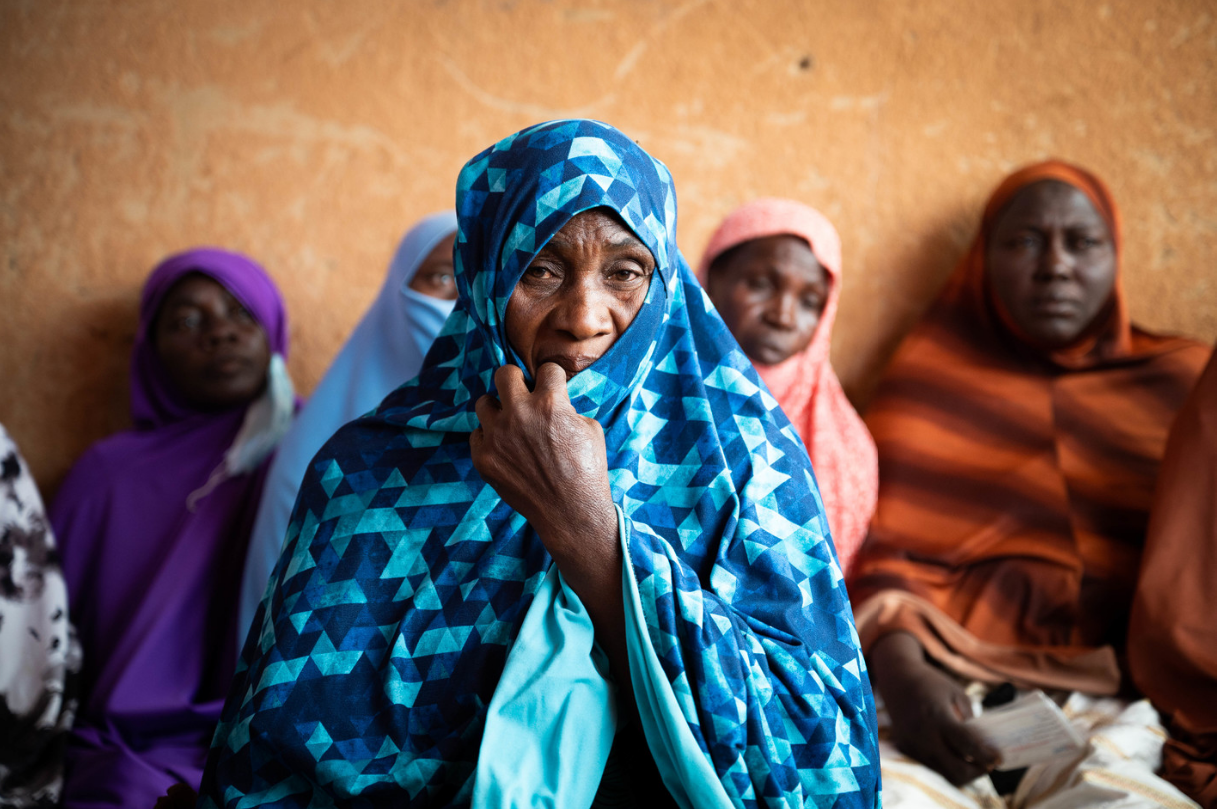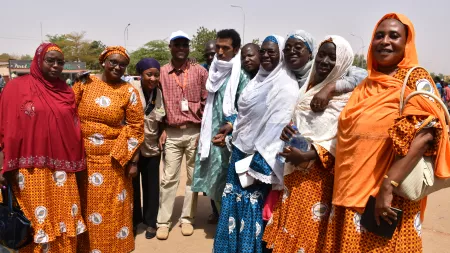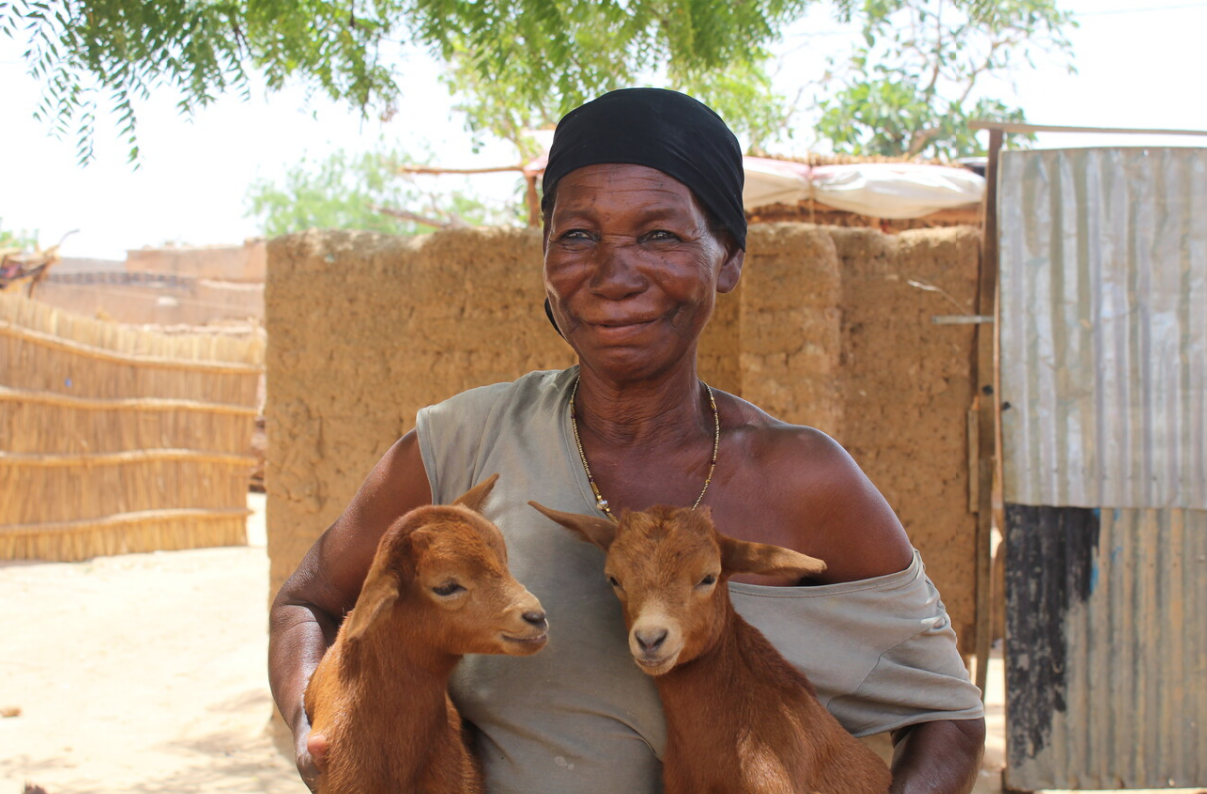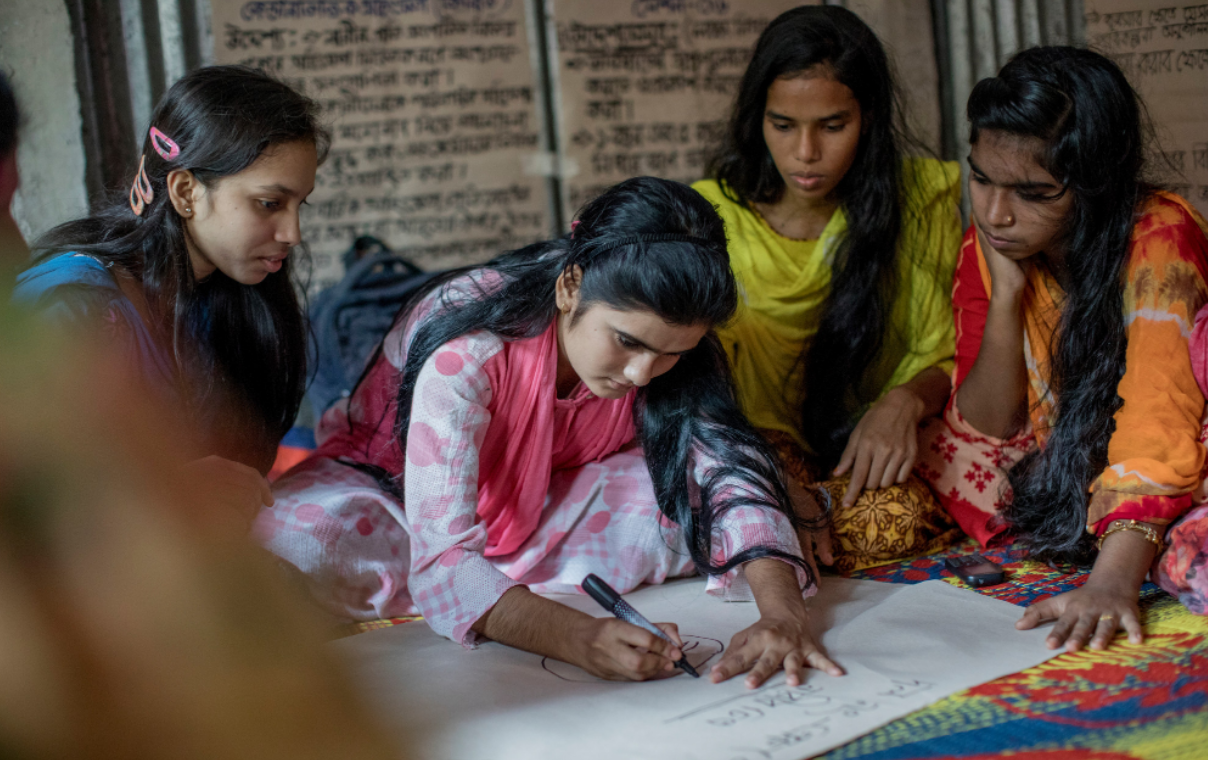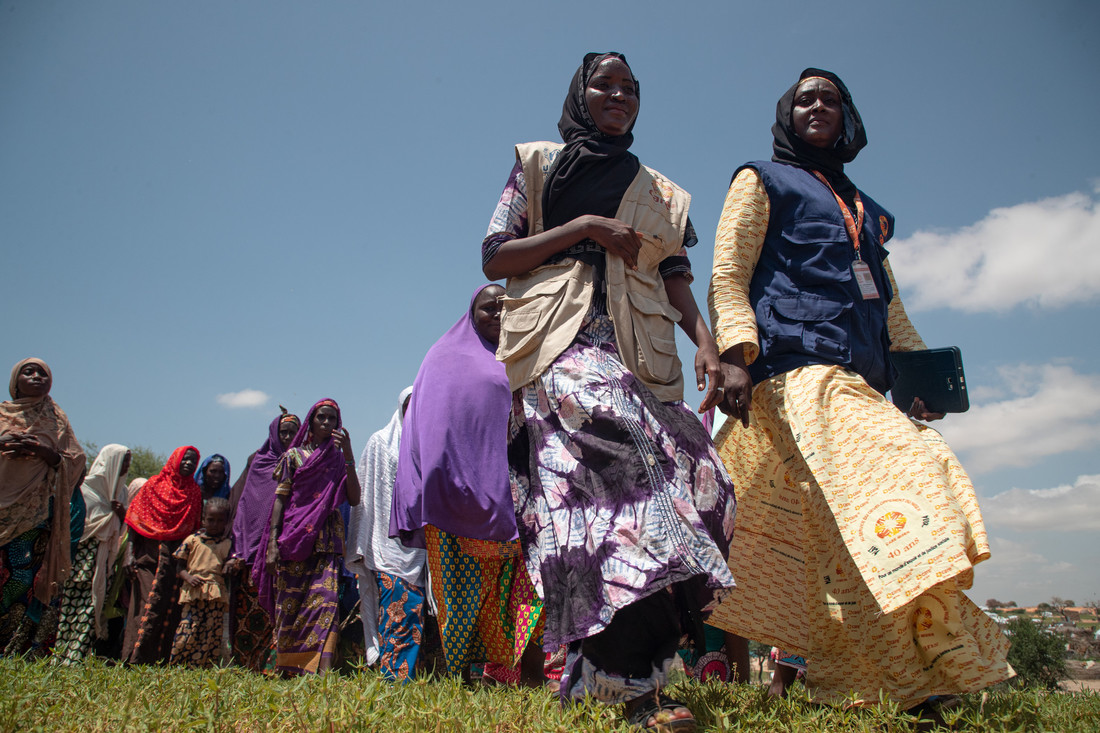What CARE International does in Niger
CARE Niger was established in 1974 in response to famine. We have continued to focus on improving food security while also expanding into work related to health and nutrition, education, women’s empowerment, governance, disaster risk reduction, and emergency preparedness and response.
CARE International’s successful Village Savings and Loan Associations (VSLA) program, which economically empowers women and raises their social and political status, first began in Niger. In the decades since, VSLAs have become a major part of CARE International’s women’s economic empowerment work.
In recent years, violence in the Lake Chad Basin has led to mass displacement and an increase in humanitarian needs across northeastern Nigeria, Cameroon’s Far North region, western Chad, and southeastern Niger. In response to the crisis, CARE Niger is working in the Diffa region to distribute emergency cash, shelter, food security, and child protection, as well as access to clean water and sanitation.
Niger has also faced a series of cholera outbreaks, as heavy rains and flooding increase the risk of cholera spreading. We work to promote handwashing and distribute water purification kits, as well as broadcast messages on how to prevent cholera.
